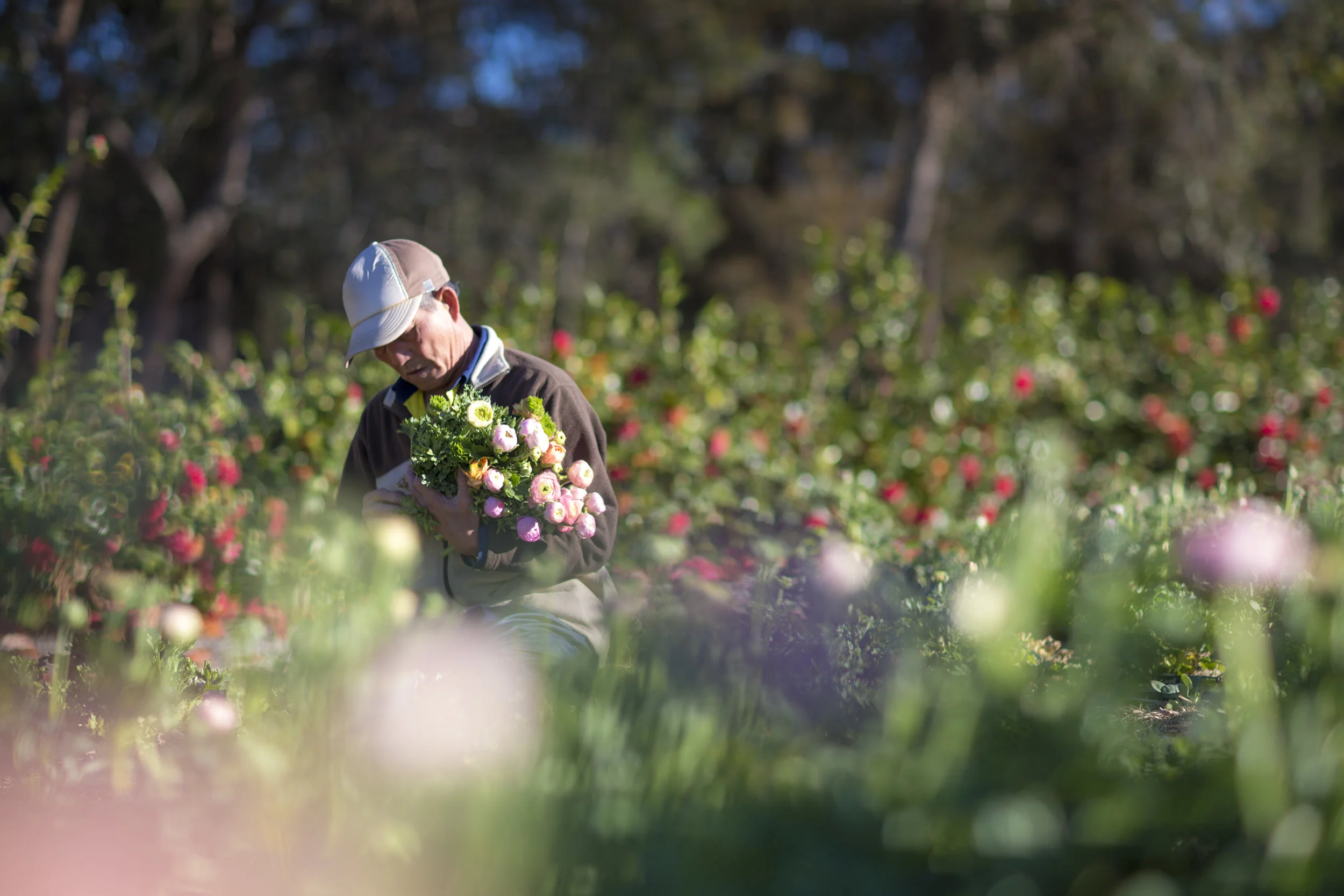Author: Natalee Ward
Publication: The Weekly Times
AN ENGLISHMAN, an American and a Japanese man walk into a bar in a small country town. Nobody looks up.
It sounds like the start of a joke but it’s more a fable of foreign investment in Australia, a history lesson of agriculture’s growth and one which may bring comfort to another investor group looking for a place at the bar — the Chinese.
Experts agree foreign investment is crucial for the development of Australian agriculture. Former trade minister Andrew Robb says plans to double food production by 2050 will require massive investment, some say as much as $400 billion.
“Australia has a history of people who come and spend serious capital,” says Robb, whose name is synonymous with the free-trade agreements he signed with Korea, Japan and China. “We simply don’t have enough people to generate the savings needed to invest in the opportunities currently in agriculture.”
And China looks to have the solution, with its demand for Australia’s premium agriculture product, an interest in farming, and deep pockets. This year China jumped to second place on the list of foreign owners of Australian land, holding 28 per cent of the land owned by offshore interests.
Foreign Investment Review Board chairman Brian Wilson says while about 13 per cent of Australia’s land has some form of foreign ownership, it’s only about 3 per cent in value. Despite the limited amount, he says there are always concerns around foreign investment and in particular the Asian giant’s role in culturally sensitive sectors such as farming.
“We have to deal with the impact of foreign investment on the economy, security, competition and compliance with the law,” Wilson says. “And then the government needs an implicit licence from the Australian public.”
Australians fear Chinese investment on a range of issues, says Associate Professor Colin Hawes from the University of Technology Sydney, in a recent report on Chinese corporations in Australia. Many people “view Chinese investors primarily as a threat, especially when compared to foreign investors from Australia’s traditional allies”, with prevailing myths including “China and its corporations are taking over the world and taking our jobs”, and “Chinese corporate investment in Australia is a threat to our national security”.
But as history shows, the Chinese are not the first to face such criticism.
“Foreign investment has always attracted a xenophobic reaction,” said Robb at a recent forum on Chinese investment. “This backlash was similar to that which met the UK, the US and Japan when they started to invest in Australia.”
In the 1900s it was UK investment that caused concern among Australians, in the 1950s, ’60s and ’70s there was backlash against American investment in Australia’s iron ore production. In the 1980s, investment from Japan generated fears the Japanese were attempting to buy Queensland.
“It’s simply China’s time,” Robb says.
“They are the fifth or sixth in line for this kind of treatment, but eventually trust develops and the issue goes away.”
Those already engaging with Chinese investment in agriculture say public concerns can be allayed. Joint ventures between Chinese investors and Australian agribusiness are proving successful, especially with local skilled management on the ground, as are deals that bring not only capital but also access to lucrative Chinese markets.
Wilson says in recent years foreign investors have run into trouble when they have attempted to buy high-profile companies such as GrainCorp and S Kidman and Co.
“The FIRB has dealt with about 10,000 cases in the past 20 years,” Wilson says. “Most go through smoothly, but about five high-profile rejections have gained attention.” Wilson says using foreign capital to buy smaller businesses or start from scratch are more palatable for Australians than the takeover of large-scale institutions. “I’d suggest staying away from the icons,” he says.
And while there are strategies that can hasten the change of public perception, it’s most likely the passage of time that will take the Chinese from fringe dwellers looked upon suspiciously by locals, to the point a Chinese person can walk into a country pub unnoticed.
“The next two to three years will have bumps along the way for Chinese investment,” Wilson says. “But 20 to 30 years down the track, normalisation will occur just as night follows day.”
Source: http://www.weeklytimesnow.com.au/agribusiness/decisionag/foreign-investment-normalisation-to-occur/news-story/587a066992b25f9f4b2456df124204e3
